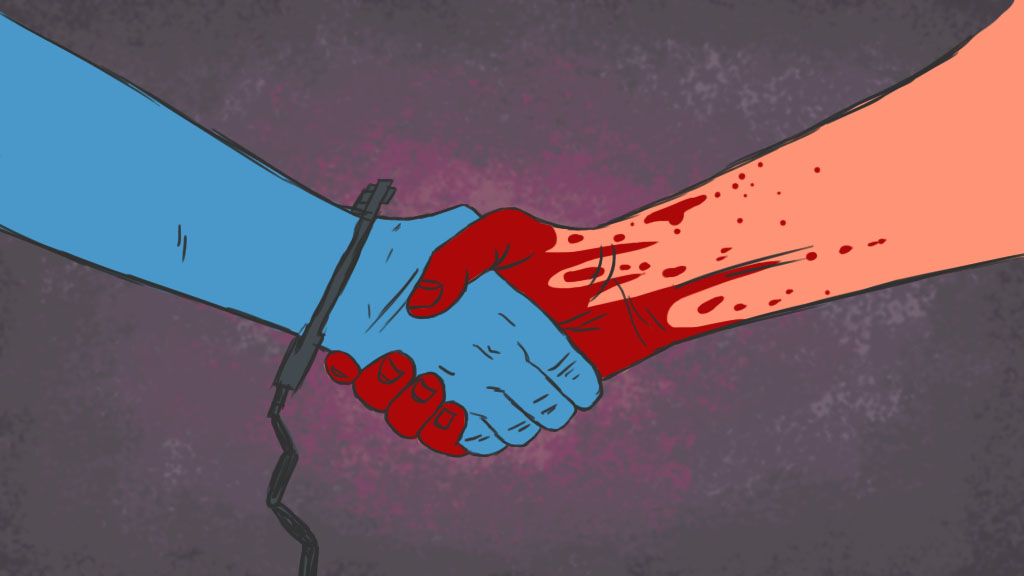The Injustice of the Felony Murder Rule
by Bryanne McDonough | published May. 10th, 2016
Be wary of lending your car to someone- it might just lead to a life sentence in prison for murder. That is, if the borrower uses your car as transportation to a felony that ends in homicide, you are treated as if you committed the murder yourself.
This is what happened to Ryan Holle, according to The New York Times. In March 2003, he lent his car to a friend who then used it to drive three men to a Florida home, intending to steal a safe. The burglary resulted in the murder of an 18-year-old woman, the daughter of the marijuana dealer they were stealing from. Though he was more than a mile away from the crime, Holle was charged and eventually convicted of first-degree murder. Under the felony murder rule, lending a car is tantamount to murder.
"Under the felony murder rule, all participants of a felony can be charged with murder if a homicide occurs," according to Lawyers.com. "This is true even if a participant wasn't directly responsible for the death."
The prosecutor, David Rimmer, argued that Holle deserved the punishment. "No car, no crime," he argued. "No car, no murder."
This hardly seems fair. If Holle hadn't lent them the car, maybe someone else would have. Even if Holle had been aware of his friend's intent (which he denies) he would have had no control of what happened. He could not have controlled the actions of his friend and the other men.
Holle isn't the only one incarcerated because of the actions of others.
Anthony Miliotti, 17 years old, went looking for marijuana one day and ended up serving life in prison for watching a fist fight, according to CBS News. A group of boys got into an argument while trying to buy marijuana, and it ended with one of the boys dying from a stab wound. Prosecutors argued that Miliotti and his friends were there to steal the marijuana (buying the marijuana would not have fallen under the felonies covered by the felony murder rule).The jurors agreed with the prosecutors, and because Miliotti had supposedly been there to steal marijuana, he was involved in the felony and got life without possibility of parole.
Many cases like Miliotti and Holle's exist. This archaic law dates back to English common law, although most European countries have long since abolished it. America, however, has yet to rectify this egregious violation of human rights. The justification for keeping the law around is the absurd notion that a person can control the actions of others.
"It holds all persons responsible for the actions of others if they are all participating in the same crime," said Rimmer, the prosecutor in Holle's case.
Holle couldn't hold his friend responsible for a murder that occurred more than a mile from him. Miliotti hardly knew the person that pulled the knife, and was not even involved in the fight. Yet both of these men are serving a life sentence in prison for murders they did not commit, and had no control over.
Americans are independent people, accountable only to themselves. Our laws should reflect this, not hold people to impossible expectations.



